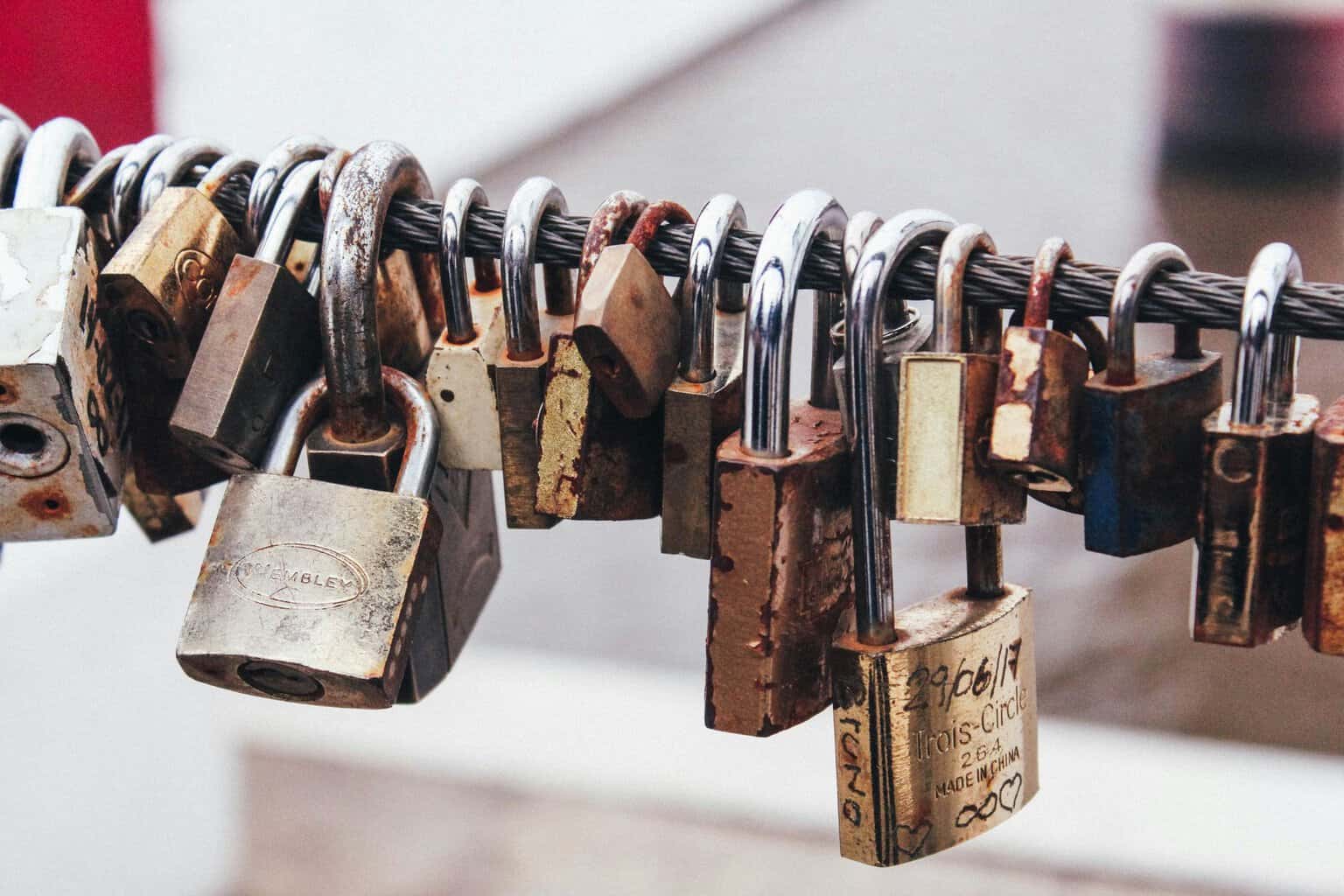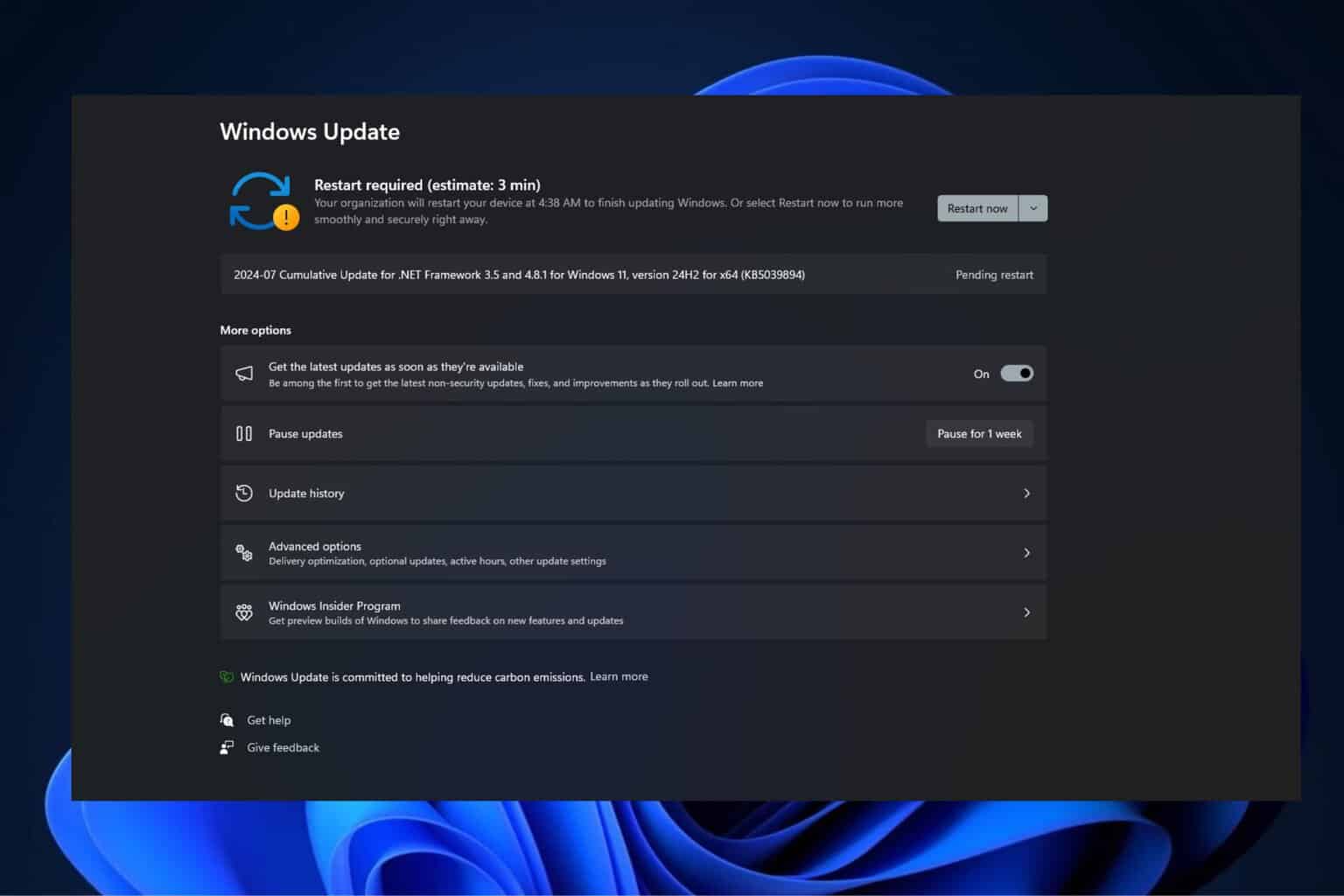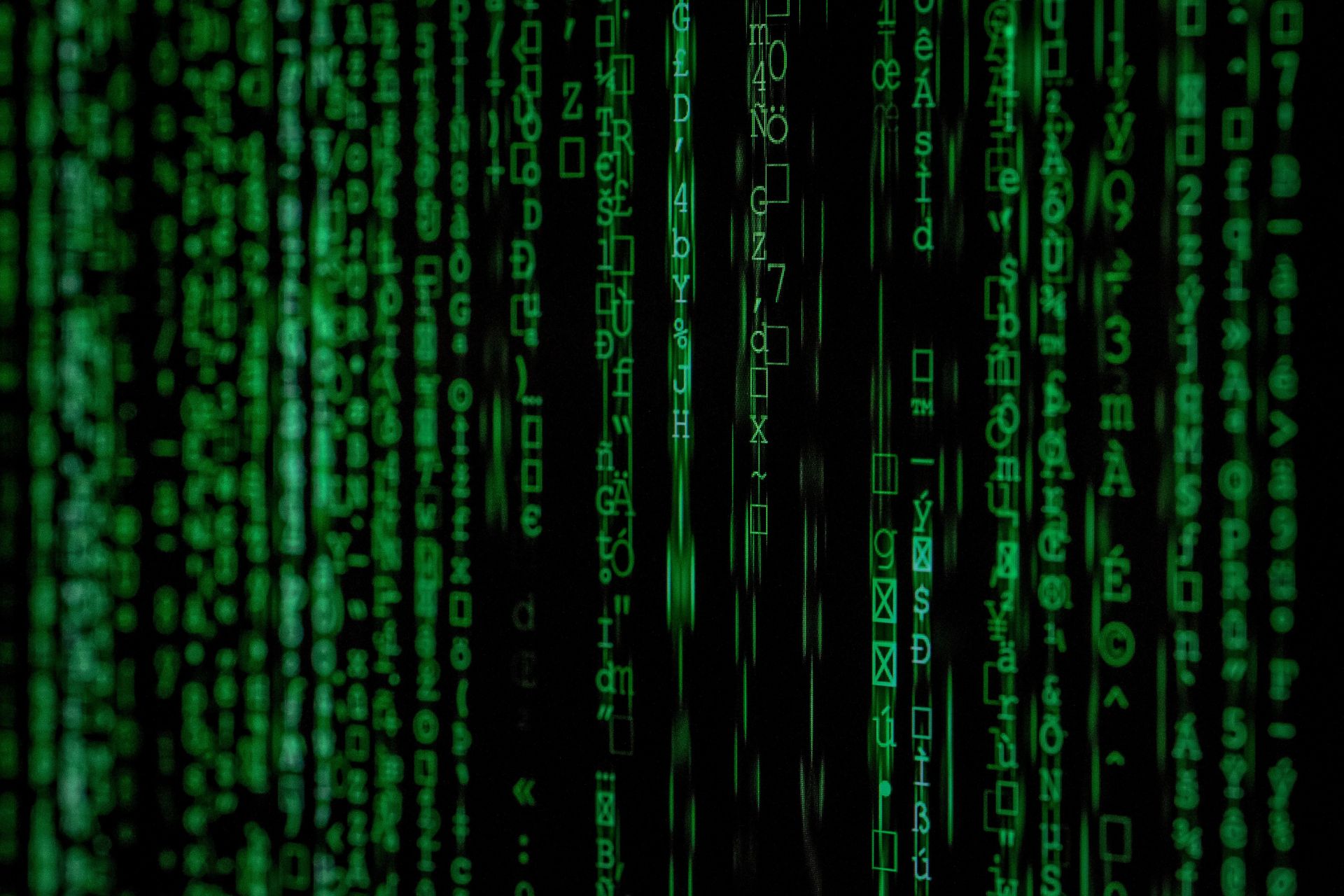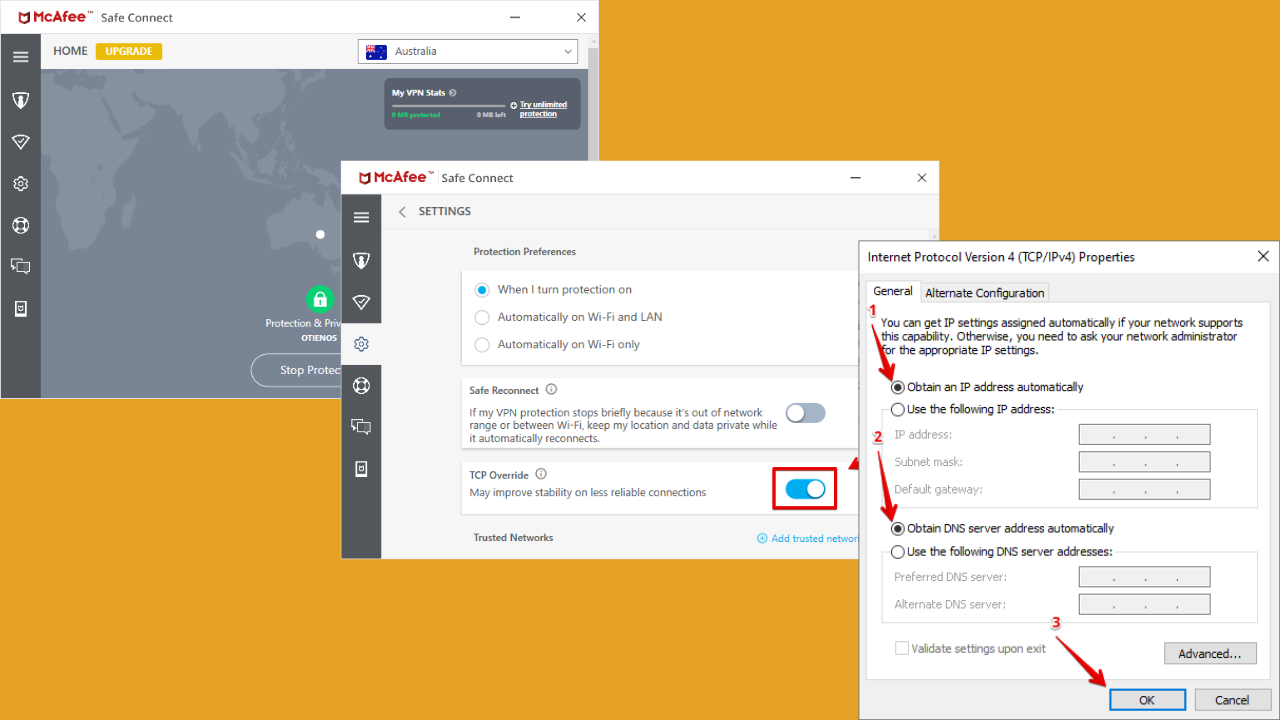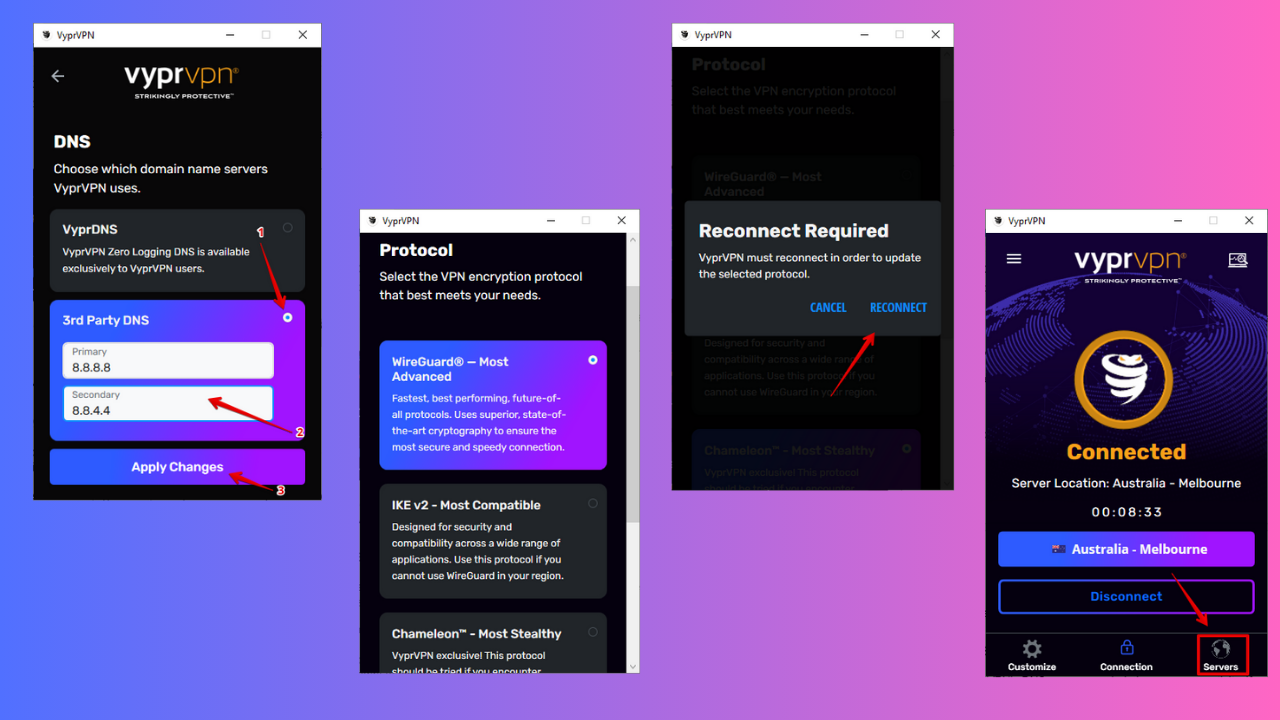Can VPN Be Detected? Which VPNs Cannot Be Detected?
VPNs with obfuscated servers go undetected, check our recommendation
5 min. read
Updated on
Read our disclosure page to find out how can you help Windows Report sustain the editorial team Read more
Key notes
- A VPN secures data, lets you bypass geo-blocks, and more.
- But what happens if you don't want anyone to know that you're using one?
- The easiest way to avoid detection is to use a VPN with obfuscated servers.
- They use extra layers of encryption that make it appear as if you use regular traffic.
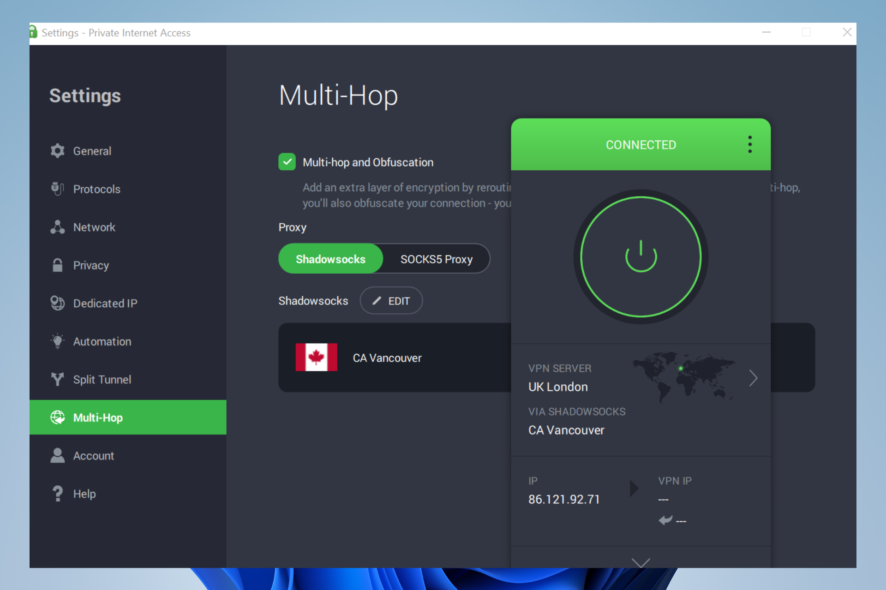
If you’re spending most of your free time online, privacy should be one of your main concerns. There are numerous third parties out there ready to get their hands on your private data and use it for their own personal gains.
However, if you landed here, chances are you’re already in the know. Or at least you want to discover more about the privacy wonder tool that is VPN. Either way, we’ve got you covered.
We’ve already put to rest some of the most searing questions on end-users minds, such as:
- Can VPN affect WiFi?
- Does VPN affect your router?
- Can you be hacked through VPN apps?
- Is it possible to share your VPN account?
- Does your VPN access your data, as your ISP does?
- Can VPN block ads?
However, there are a lot of potential scenarios, and for each one of them, there’s an unanswered question. So we’re tackling them one by one until everything is as clear as daylight.
In this article, we’ll focus on whether or not a VPN can be detected. Also, we will show you what to look for best privacy online.
How does VPN work?
First of all, a VPN isn’t some magic invisibility cloak that you just throw over your router. Helping you get online, while also keeping your virtual whereabouts to yourself is kind of a big deal.
Your VPN stands between you and the world wide web and helps you access it safely. You install a VPN client on your PC, which encrypts your traffic and routes it through a secure tunnel.
The traffic gets through the tunnel and into a VPN server, which decrypts it, and sends it to your destination, whether it’s a website, a game, or an Internet service we’re talking about.
The host then sends a response back to you, which gets encrypted by the VPN server, routed through the same secure tunnel, decrypted by your VPN client, and displayed to you.
If you consider using a VPN and don’t know exactly where to start, we recommend trying a reputable service like Private Internet Access.
The VPN provides strong encryption, unlimited bandwidth, and data, and offers advanced features that can mask even the fact that you use VPN.

Private Internet Access
Use PIA’s private servers to remain untraceable online!Can a VPN be detected?
Normally, if you’re not using a VPN, your ISP plays the role of the VPN client, secure tunnel, and VPN server.
So everything you send towards the service of your choice gets through the ISP’s infrastructure.
Now when you’re relying on a VPN to secure your traffic, your ISP isn’t yanked out of the picture. Instead, it kind of oversees the whole process, but without knowing what’s happening.
Imagine that your regular non-VPN traffic is a transparent tube that your ISP can see into. Your VPN traffic is like a smaller, opaque tube, which obscures traffic so that your ISP can no longer see it.
With that in mind, let’s get back to the original question: can a VPN be detected by ISP? Yes. Your ISP can detect whether or not you’re using a VPN, and the fact that you’re passing encrypted traffic is a strong indicator.
Can they do anything about it? Yes, but it’s not very likely. An ISP could block your VPN, but it would take a lot of time to do so since it involves manually blocking IPs and ports associated with the VPN.
You may also wonder whether a VPN can be detected by the government. If the VPN uses a zero logs policy and encrypts data, then it’s unlikely that the government can track it.
However, most VPNs, even those with zero logs may let legal agencies track users if they have to comply with court orders or such.
How to use a VPN without being detected?
Well, as we said earlier, even if your ISP detects that you’re using a VPN, there’s little they can do about it. Unless you live in a country where VPN usage is illegal and they decide to let authorities know, that is.
However, if you’re really determined, you can start looking for VPNs that cannot be detected. Such VPNs offer obfuscated servers, which make VPN, encrypted traffic to look just like regular traffic.
Here are our strongest suggestions:
| Product Name | Obfuscation | Company Name |
|---|---|---|
| ExpressVPN | Stealth servers | Express VPN International Ltd. |
| Private Internet Access | WireGuard VPN protocol | Kape Technologies. |
| NordVPN | Obfuscated Servers | Tefincom & Co., S.A. |
| Surfshark VPN | Camouflage Mode | Surfshark LTD |
| VyprVPN | Chameleon protocol | Golden Frog GmbH |
| IPVanish | Scramble OpenVPN traffic | StackPath, LLC |
| TunnelBear | Stealth VPN | McAfee, LLC |
| Windscribe VPN | Stealth VPN | Windscribe Limited |
| VPN Unlimited | KeepSolid Wise | KeepSolid Inc. |
If you choose either one of these services, you’ll be able to hide the fact that you’re using a VPN from third parties, including hackers and even your trusted ISP.
However, that’s the easiest way to avoid VPN detection. There are some other ways, such as redirecting your VPN traffic to another port.
Firewalls usually monitor UDP port 1194, since it’s commonly used by OpenVPN.
So you might want to redirect all your VPN traffic to port 443, since most HTTPS traffic uses this port, as well, and it’s harder to detect and block.
VPNs can be detected but it’s usually not a big deal
To wrap it up, VPN can and usually is successfully detected without too much effort. However, unless you live in a country where VPN usage is illegal, or try to access a service that blocks VPN users, it’s not a big deal.
There are several ways to bypass VPN detection, including switching your IP address (if possible), changing the port from within the VPN client, and even forwarding VPN traffic to a common port such as 443.
However, if the suggestions above look like gibberish to you, just try using a VPN that offers obfuscated servers. These servers pass VPN traffic as regular, unencrypted traffic, so detecting you is virtually impossible.





